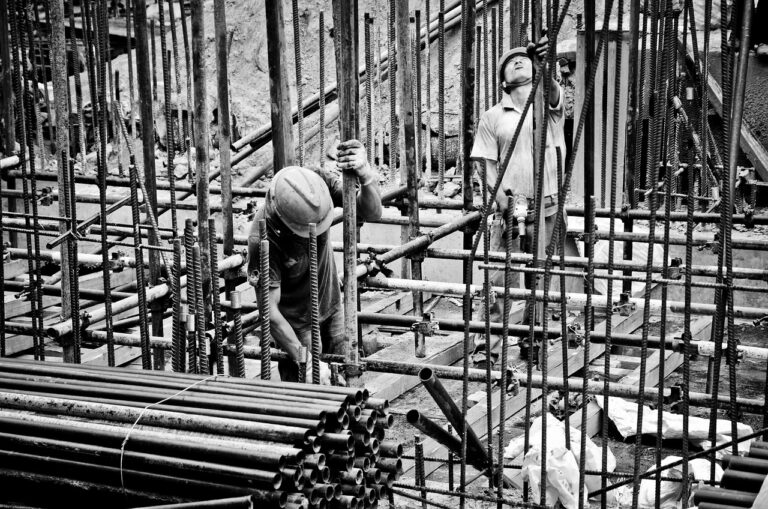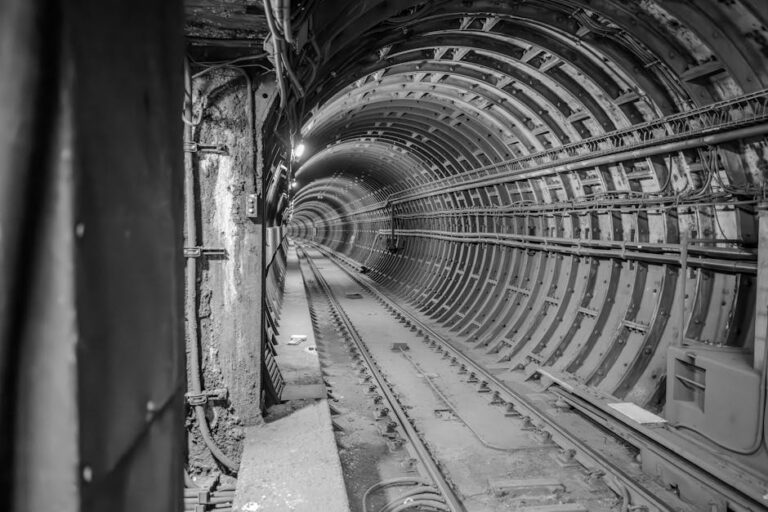Construction project managers and unecessarily challenging projects
Construction project managers fail when they don’t achieve either of the twin objectives of on-time, or within-budget. We know this rate to be alarmingly high, and the degree seems to increase with the cost of the work: the bigger the headache … There are common threads of dissolution between such failures, and for the most part, project managers are intrinsically involved in all of them, though they may have little control of these factors.
Herewith, my Top Ten Reasons Construction Project Managers Fail to achieve their intended purpose:
- Cash-flow: whereas a contractor doesn’t pay subcontractors and vendors on time. As a result, they may ‘flag,’ and reduce resources until they walk off completely. It is only by that time that a contractor seems to wake up and persuade them to return with an arrears payment. Even in this cash-retarded scenario, the contractor will continue to expect his project manager to bring the project in on time and within budget.
- Resources: project managers know who their strong subs and vendors are, and they know their stinkers. The latter show up on any project that the contractor has low-bid, or wants to increase his profit margin by skimping on quality. Even so, the contractor will insist that the project manager deliver high quality assurance.
- Errors and Omissions (E&O): incomplete drawing sets make for sloggy mobilizations, and even slower going in the build out. RFIs, sketches, change orders fly, as the time quickly drains away.
- Due process: a black hole in the Information Age exists. Despite having “superior” BIM technology, architects can’t seem to coordinate their designs with the various engineering drawings. When they delay the review turnaround period for submittals, the float bar shifts south. Lack of such coordination is the biggest disruption driver of building projects; from the smallest to the grandest mega-project.
- Inexperience: there is a general dearth of talent in mid-level management. Construction Project managers may not have enough field experience for a given project. Trade schools and Continuing Education programs do little to improve the stock. Again, the contractor skimping by hiring a less experienced project manager for a smaller salary.
- Lightning rod: construction Project managers are natural lightning rods where lightning strikes with alarming regularity. It is only a matter of time before a construction project manager suffers a fatal setback, for which he may lose his position. And what more convenient scapegoat to be assigned the blame for his company’s mistakes?
- No Time: no project ever seems to afford a project manager a reasonable timeframe to meet his objective. Projects start out with demanding schedules, and go downhill from there, increasing likelihood and duration of delays.
- Support: not infrequently are project managers dispatched to projects with only the minimum of resources to conduct their general conditions work: laborers and superintendents in the field, and administrative personnel in the trailers. At the same rate are untrained or grossly incompetent personnel assigned to project managers.
- “I get no respect”: if construction project managers aren’t well seasoned, field personnel won’t always follow their directions. Even if the project manager is well seasoned, he may have no leg to stand on when negotiating with the trades if they sense lack of experience or influence.
- Old-school obstinacy: we may be in the digital age, but there still exists a leftover old-school ethic from the last century – that began in the nineteenth century, which favors rote business practices, such as over-aggressive contract negotiation, untimely payment habits, and parsimonious business administration.
In the end, the person who should have the most experience, influence, resources, and information, is often the most incompetent, impecunious, and least respected. Typically, a construction project manager may only be partially described by these characteristics. At the end of the day, it does not matter if you have a fully detailed construction set of drawings, when you have a green superintendent, or if you have a seasoned project manager and a woefully uncoordinated design set of drawings.










